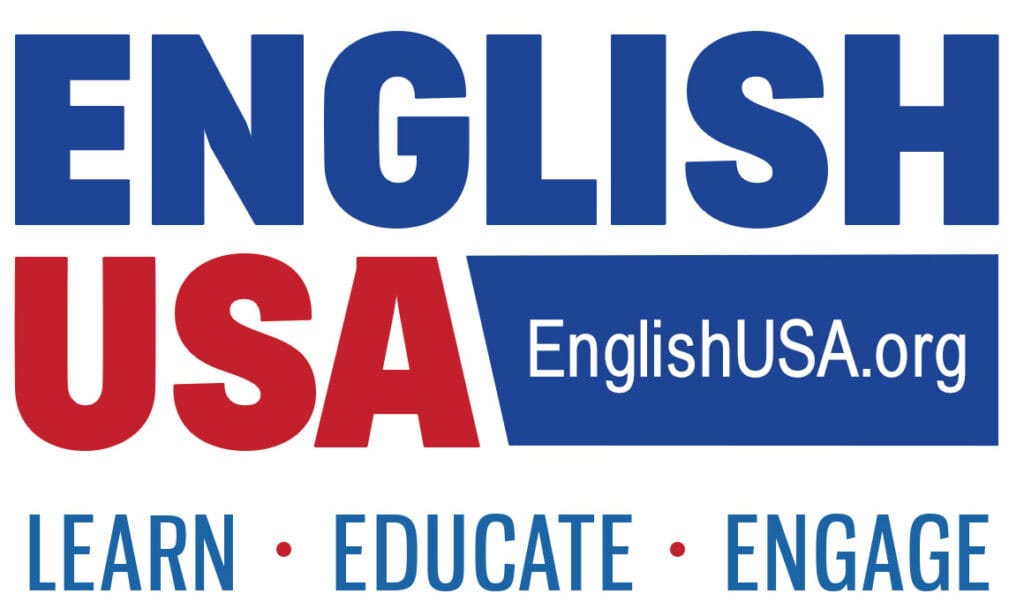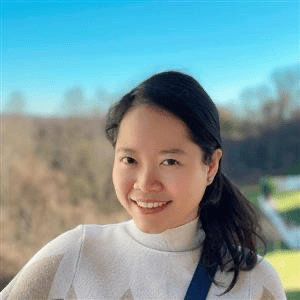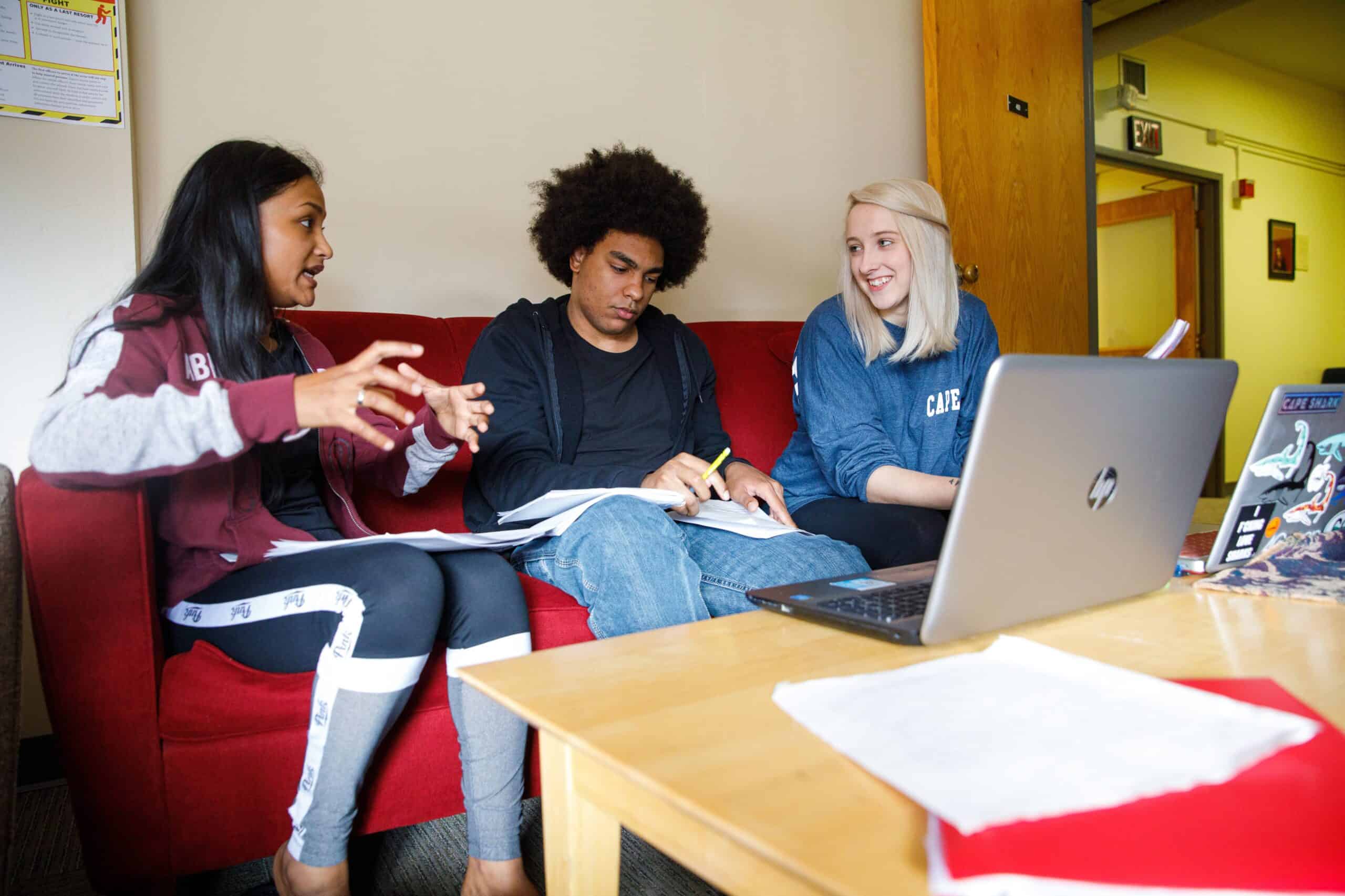Jump to: International Students | Resources | Global Innovators English + STEM Summer Camp | Contact
Vermont State University welcomes multilingual learners, including students whose first language is not English. Multilingual students from international and U.S. backgrounds enrich our academic community.
Vermont State University offers multilingual students the college-level ESL instruction, resources, and counseling to be successful while navigating an additional language and culture. In-person and online academic support includes tutoring with English reading, writing, listening, speaking, pronunciation, and cultural literacy.
Pathway Program for English Language Learners
Vermont State University is the Only EnglishUSA Post-Secondary Institution Member in the State of Vermont!
English USA is a thriving group with over 240 programs of International Educations on a mission to provide the best English language instruction in the world.

Our Pathway Program for English Language Learners on the Castleton Campus is designed for students who want to enhance the English proficiency or meet English requirements simultaneously while taking degree-seeking coursework.
Resources and Collaborations
- Tutoring for Multilingual Students: All of our Academic Support tutors and staff are excited to work with multilingual learners. Multilingual students seeking English language counseling and support can contact Dr. Mary Dinh to set up English language tutoring and cognitive counseling to meet your needs.
- Conversation Partners Program: International students will be paired with local students to learn languages and cultures together. Local students who plan to study abroad can also practice the language(s) before their trip.
- Foreign Language Independent Study: Students interested in earning credit for foreign language learning (for example: Japanese, French, Spanish) can consult with our office for further guidance.
- ENG 1050 | Language and Power: This course is essential for American students preparing to study abroad. It equips them with communication strategies and intercultural competence to navigate cultural and linguistic barriers. Students can find this course listed as ENG 1050, offered every spring semester in person at the Castleton campus
International Summer Camp at Vermont State University
Global Innovators: STEM, Design Thinking & Cultural Immersion
Vermont State University’s Global Innovators: STEM, Design Thinking & Cultural Immersion Summer Program invites high-achieving international students to a transformative 2-week experience in the U.S.
The program includes a residential course focused on STEM education, offering hands-on learning in 3D imaging or Stanford lab design-based thinking.
With 55 hours of immersive experiential learning, small classes, and personalized faculty mentorship, students will enhance their problem-solving, English proficiency, design-based thinking, and global perspective while engaging in field trips, local activities, and university life.
This program is open for collaboration with international recruitment agencies and high schools worldwide! For more details, contact Dr. Mary Dinh.

Questions?
For more information about Multilingual Student Services, the English Pathway Program, or to reach out with inquiries, project proposals, or potential collaborations, contact Dr. Mary Dinh.

Associate Director of Multilingual Students Services
-
Department
- Academic Support
- Student Success
Primary Office Location
Castleton Campus
-
Email Address
-
Phone Number
As Heard on Vermont Edition:
How Vermont State University supports its growing number of multilingual students
Dr. Mary Dinh, VTSU’s assistant director of multilingual student services, and Dr. Katy Culpo, a professor in the health, human movement and sports department, discuss their role in supporting these students.


